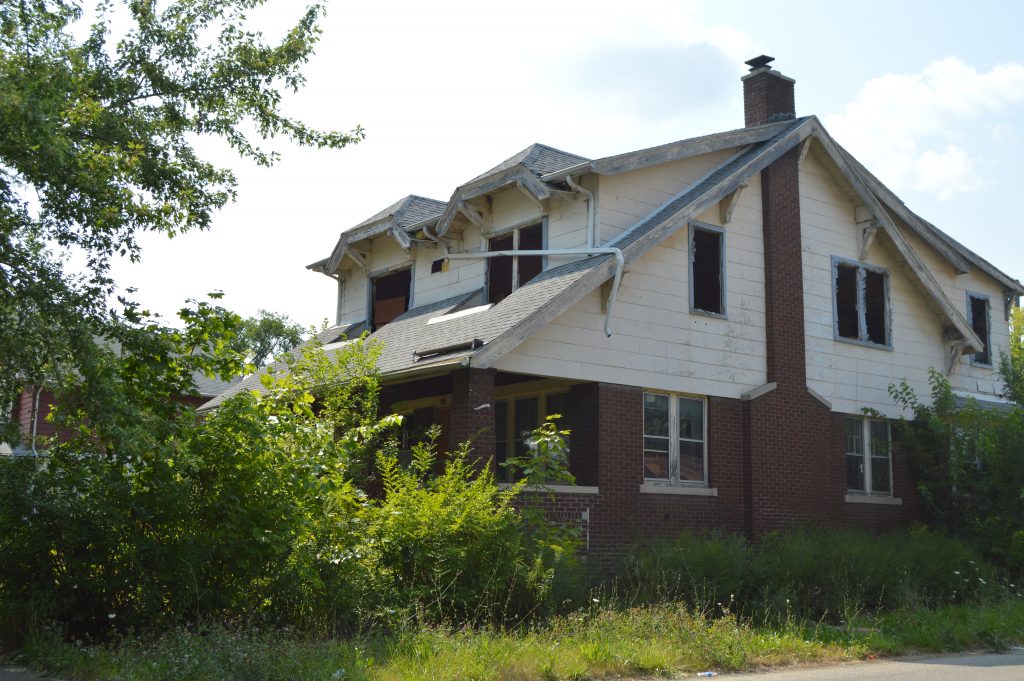How the Wayne County Tax Foreclosure Auction works
The tax foreclosure auction has been an “enormous driver” of blight and vacancies, according to a local data analyst and blogger.

The Wayne County Tax Foreclosure auction recently restarted after a brief hiatus due to the COVID-19 pandemic. While its purpose is to ensure people continue paying taxes on their home, the auction — and the tax foreclosure process broadly — has had some negative impacts in Detroit, as it has kicked renters and owners out of their homes.
About 100,000 Detroiters lost their homes after being overtaxed by a cumulative $600 million between 2010 and 2016. What’s more, many renters have been kicked out of their homes because those homes have been foreclosed on as the landlords intentionally did not pay taxes.
“There are thousands and thousands of homeowners that have lost their homes to tax foreclosure auctions over the years.” – Alex Alsup, analyst
Listen: How the tax foreclosure auctions impact Detroiters.
Guest
Alex Alsup is the vice president of research and development at Regrid, a property data and location intelligence company. He blogs on his Substack, “The Chargeback,” about property tax foreclosure and Detroit housing issues in general.
Alsup says the auction was a “last-ditch effort” to recover owed property taxes, but that the consequence has meant people losing their homes.
“There are thousands and thousands of homeowners that have lost their homes to tax foreclosure auctions over the years,” says Alsup, “and those are overwhelmingly now owned by people outside of the city who are reaping the benefits of rising real estate values in Detroit today.”
Trusted, accurate, up-to-date.
WDET strives to make our journalism accessible to everyone. As a public media institution, we maintain our journalistic integrity through independent support from readers like you. If you value WDET as your source of news, music and conversation, please make a gift today.
